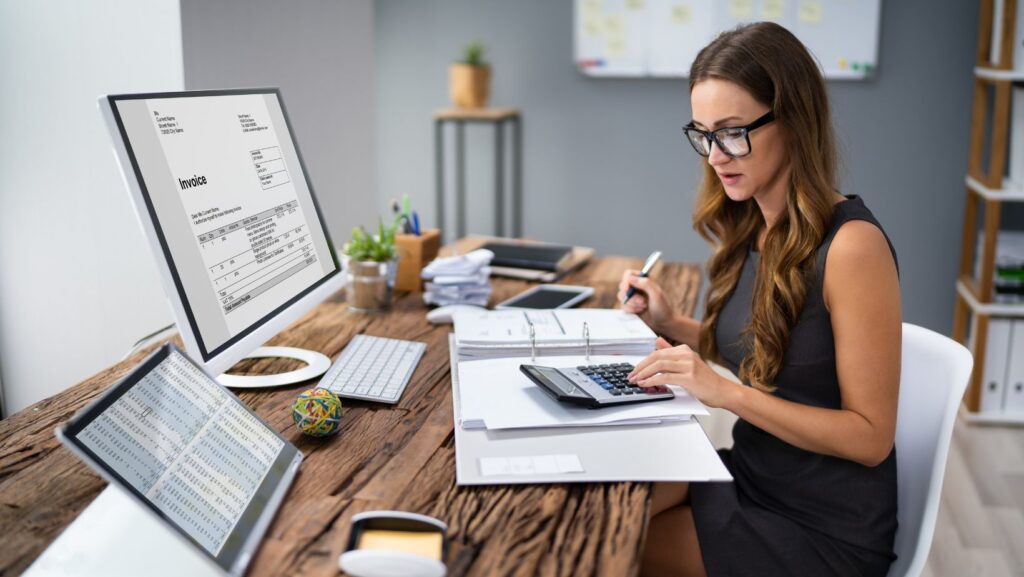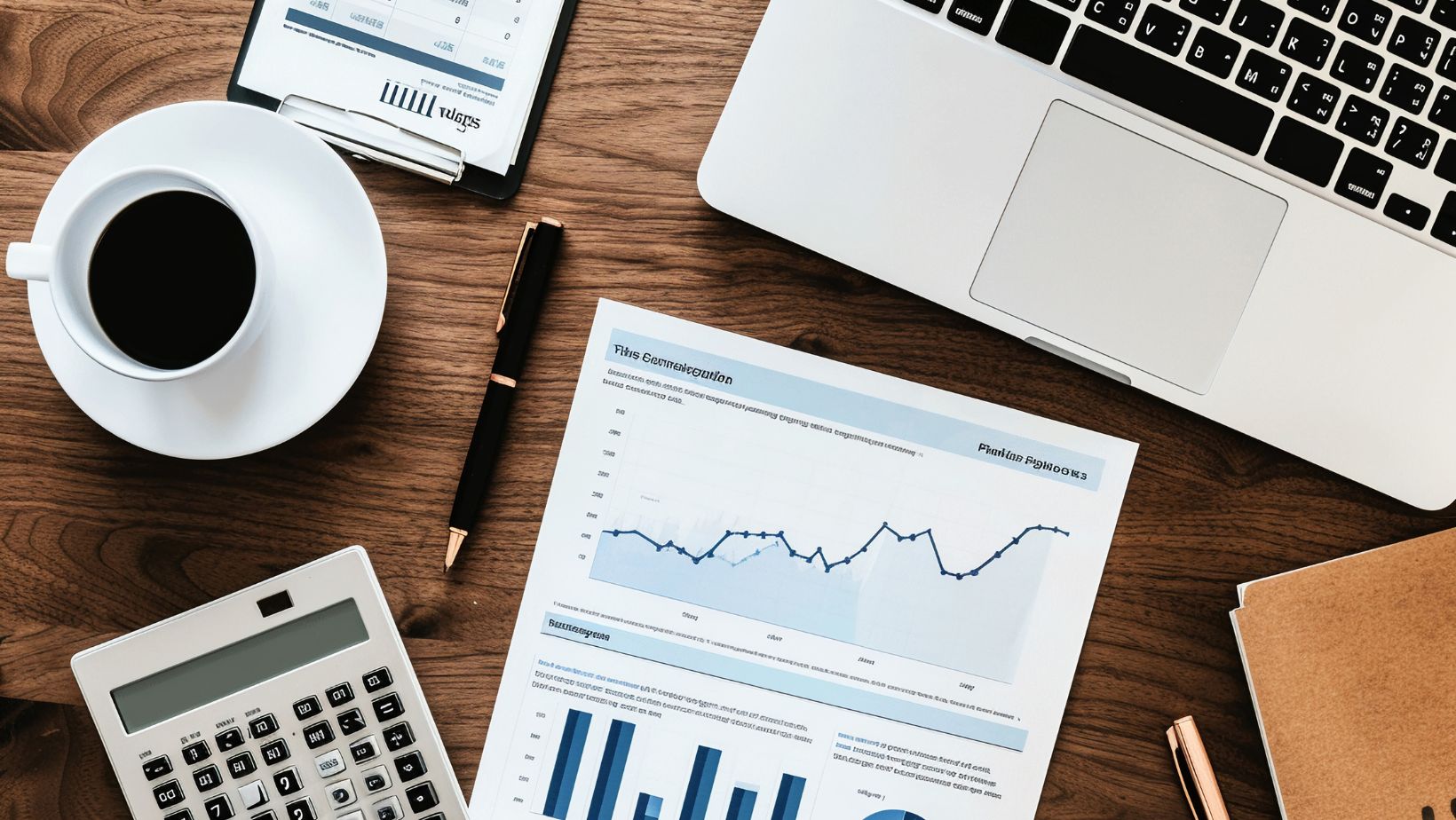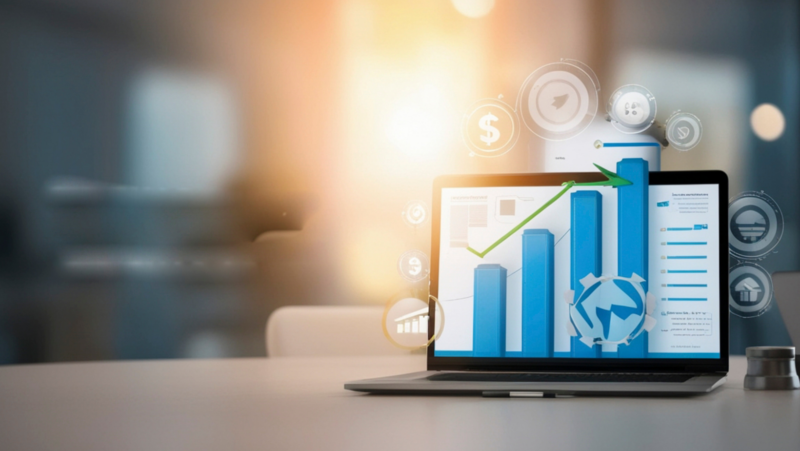
An asset accountant is key to helping organisations keep their finances in check when it comes to managing physical and leased assets. Their role sits at the intersection of accounting precision and operational control—tracking asset values, calculating depreciation, and supporting compliance with financial regulations. With the help of digital tools like fixed asset depreciation software and lease accounting software, this work becomes more reliable and far less time-consuming.
Role of an Asset Accountant
Day-to-Day Responsibilities
At the heart of an asset accountant’s role is control over the asset lifecycle—from the moment an asset is acquired to the day it’s written off. They deal with everything related to capital assets: assigning values, updating records, calculating depreciation, and handling disposals or impairments.
Much of their day is spent keeping records accurate and current, working closely with finance teams to reflect the true value of company-owned assets. They also often play a part in verifying that physical inventories match what’s listed in accounting systems. As regulations shift, particularly around leases, their workload has expanded to include managing leased assets under updated standards.
Impact on Business Financial Accuracy
Even small errors in depreciation or amortisation can lead to misstatements in financial reports. Asset accountants help avoid these problems by maintaining consistent and well-documented records. This contributes directly to cleaner financial statements and smoother audits. Their input also plays a role in helping leadership teams make informed decisions based on the real value and cost of owning or leasing assets.
The Importance of Fixed Asset Depreciation Software
Key Features to Look For
As asset portfolios grow, handling depreciation manually becomes inefficient and risky. Software designed for fixed asset depreciation brings structure and automation to this process. It replaces spreadsheets with dedicated tools that handle everything from straight-line depreciation to more complex calculations.
What makes this software so valuable is not just the automation—it’s the ability to track assets in real time, keep audit logs, and apply the right depreciation methods with minimal oversight. These systems are designed to fit into existing accounting workflows, often linking directly with general ledgers or ERP tools.
How It Supports Asset Accountants
Instead of spending hours recalculating schedules or digging through mismatched records, asset accountants can focus on interpreting data and supporting decision-making. Fixed asset depreciation software reduces manual effort and helps keep things consistent. The result is not only better reporting but also more time to analyse trends or prepare for audits without last-minute stress.
Lease Accounting and Compliance
How Lease Accounting Software Helps With IFRS 16
Leases used to be easier to handle on the books—but with IFRS 16 and ASC 842, things changed. Now, most leases need to be reflected on the balance sheet, which adds new layers of calculation and tracking. This is where lease accounting software comes in.
It helps map out lease terms, calculate liabilities, and generate amortisation schedules that meet today’s reporting standards. Instead of handling each lease manually, accountants have a tool that gives them clarity across all lease agreements, including payment changes and contract modifications.
Streamlining Audits and Financial Reporting
Good data makes audits faster and less stressful. With proper lease and asset software in place, it’s much easier to pull reports, answer auditor questions, and maintain full transparency. Accountants can present structured data that reflects how assets and leases are tracked and valued over time—something that’s increasingly important for financial integrity and long-term planning.
Conclusion
Asset accountants sit at the core of a company’s ability to manage the cost, value, and compliance of both owned and leased property. By using reliable systems like fixed asset depreciation software and lease accounting software, they shift away from manual busywork and move toward clearer, more accurate asset reporting. In a business world that relies heavily on precision and accountability, that shift makes a meaningful difference.













